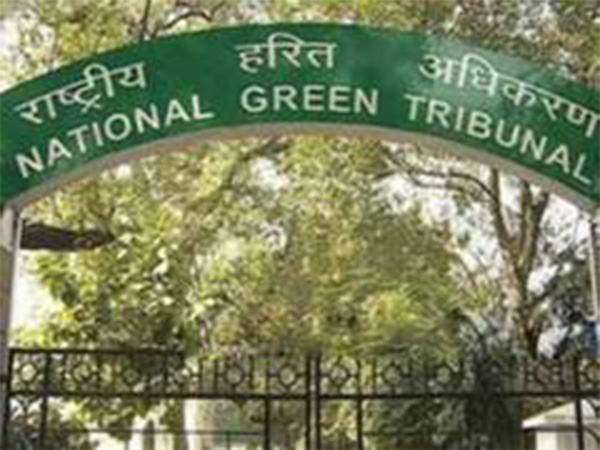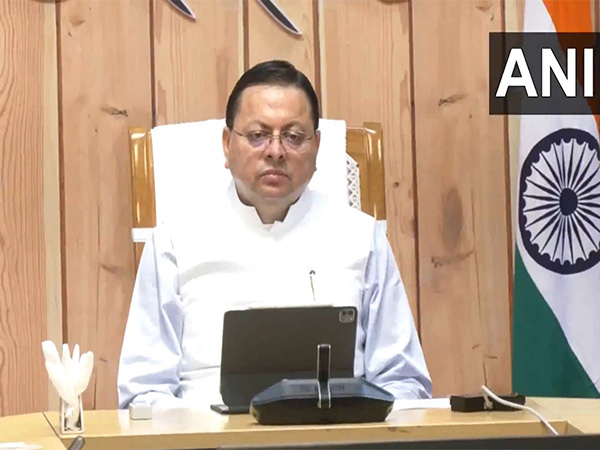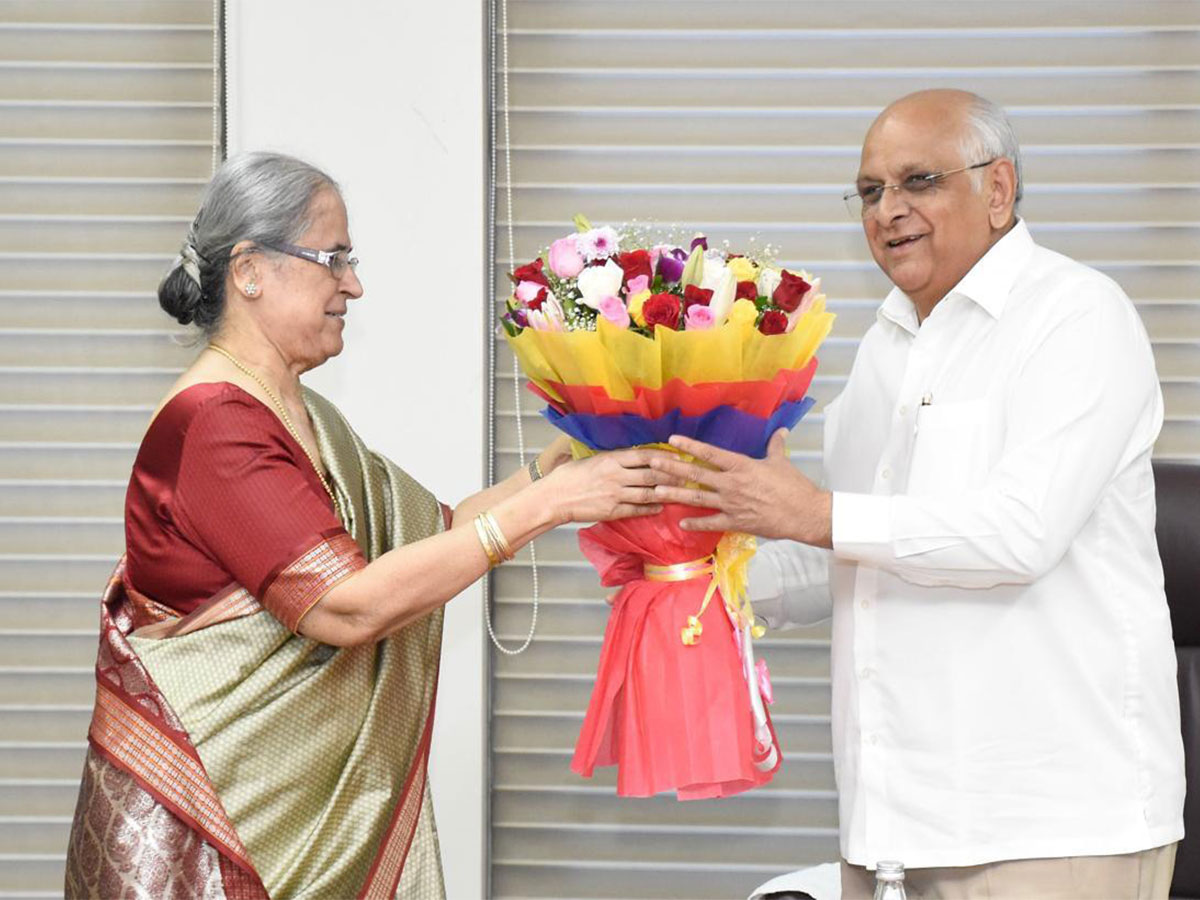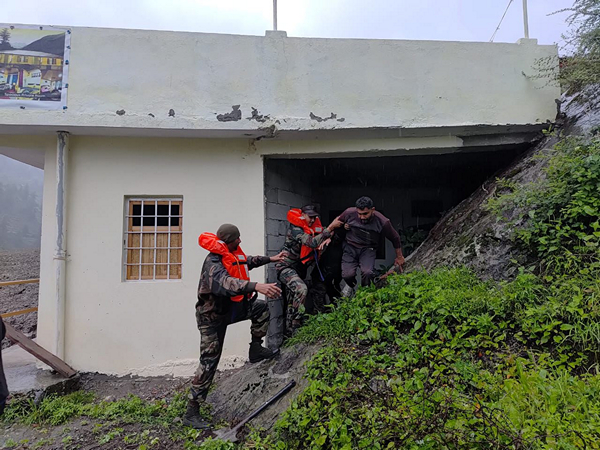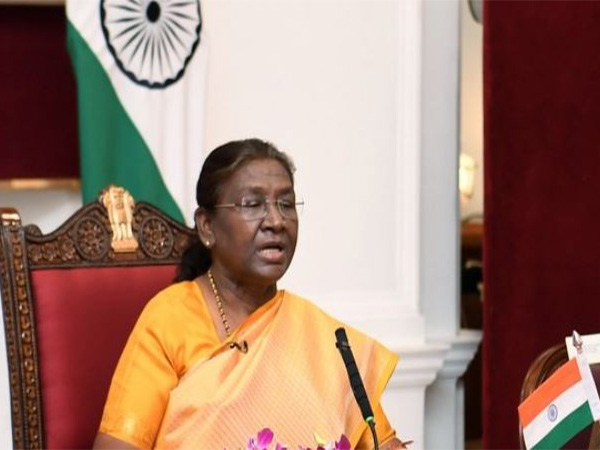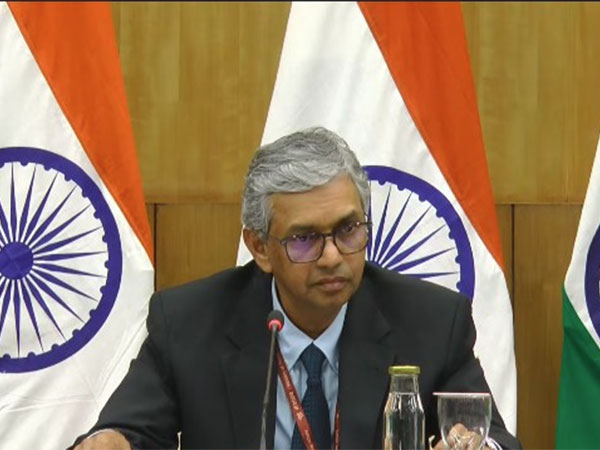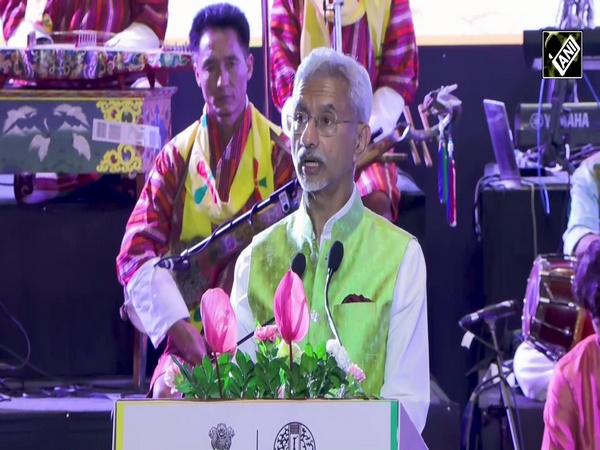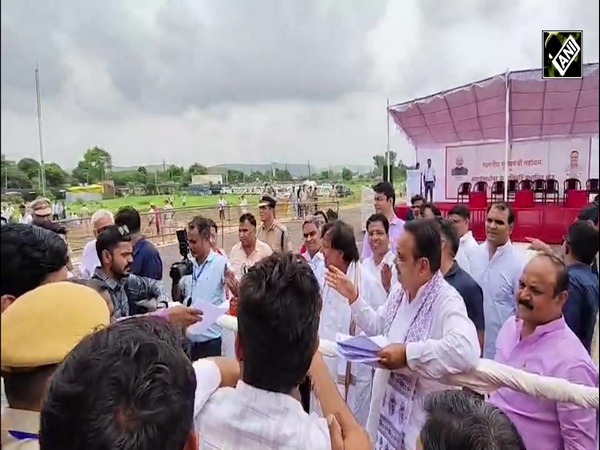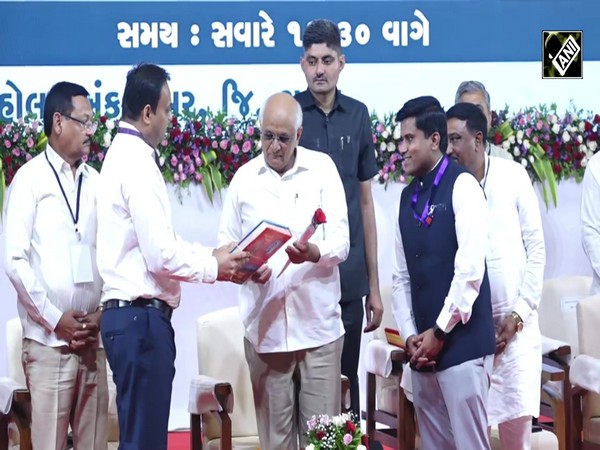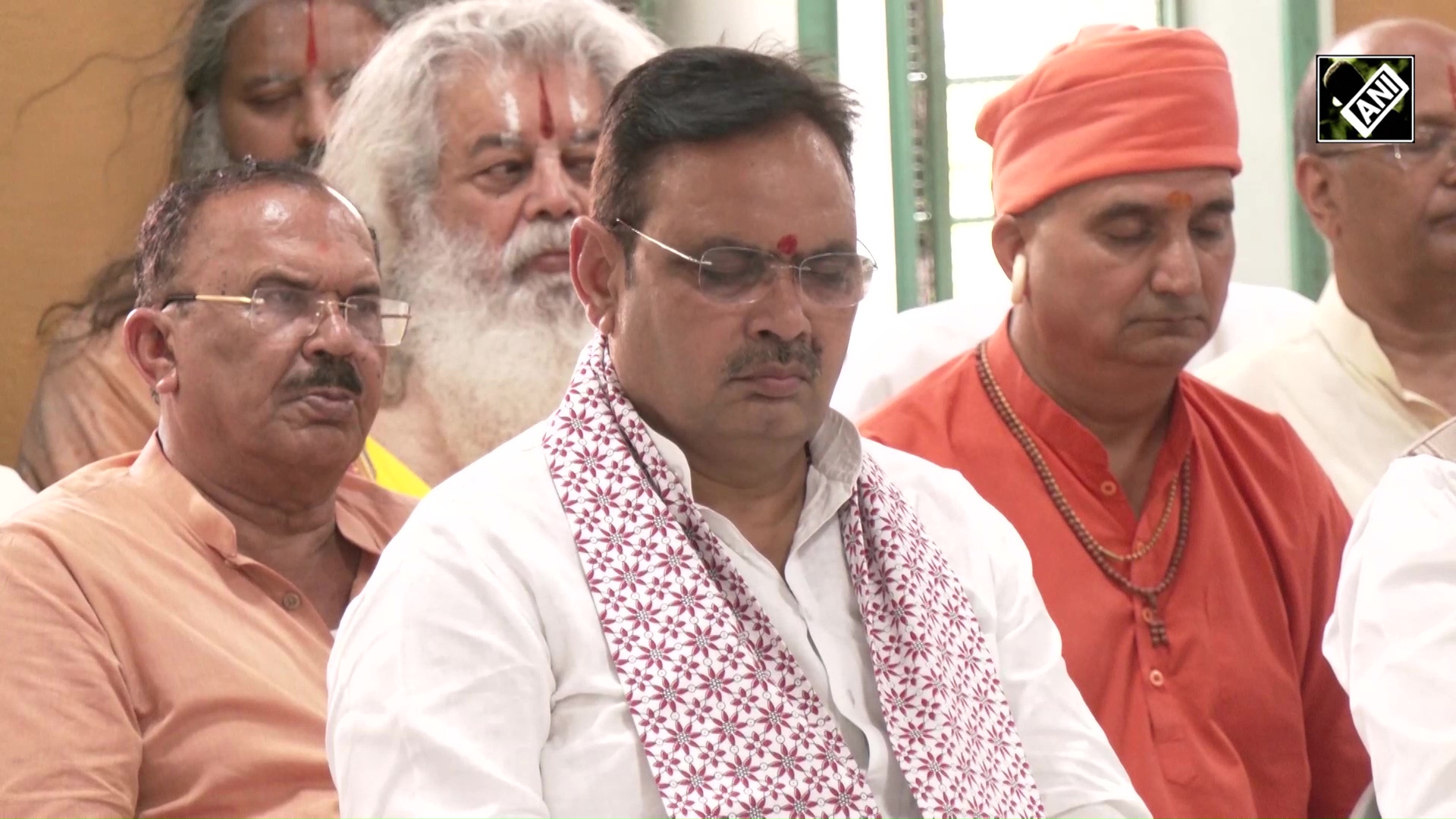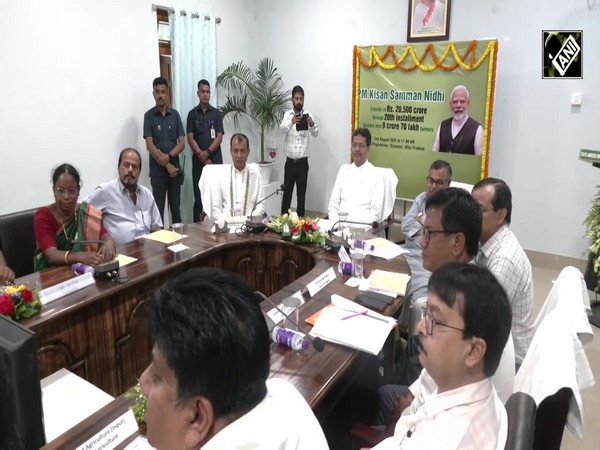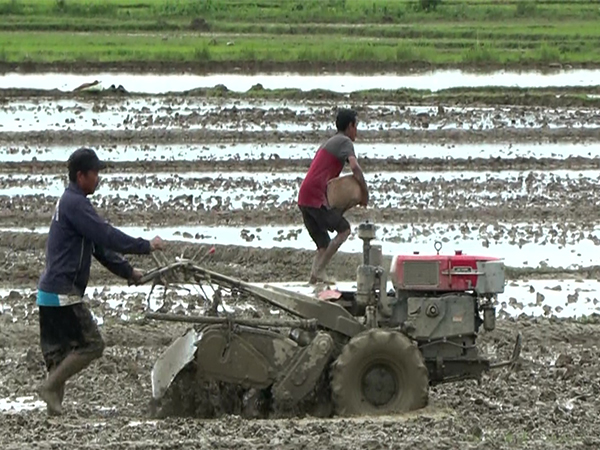
Manipur's rural economy withers as conflict keeps farmers away from fields
Aug 05, 2025
Imphal (Manipur) [India] August 5 : Over a year after the outbreak of ethnic violence between Meiteis and Kukis in Manipur, extensive areas of fertile agricultural land remain off-limits, significantly impacting the state's rural economy and putting thousands of farming families in a difficult situation.
In Leitanpokpi village, located in Imphal East, Meitei farmer Konsam Sanajaoba is unable to reach his two-acre land situated in a Kuki-majority hillside region, now designated as a buffer zone supervised by security personnel. 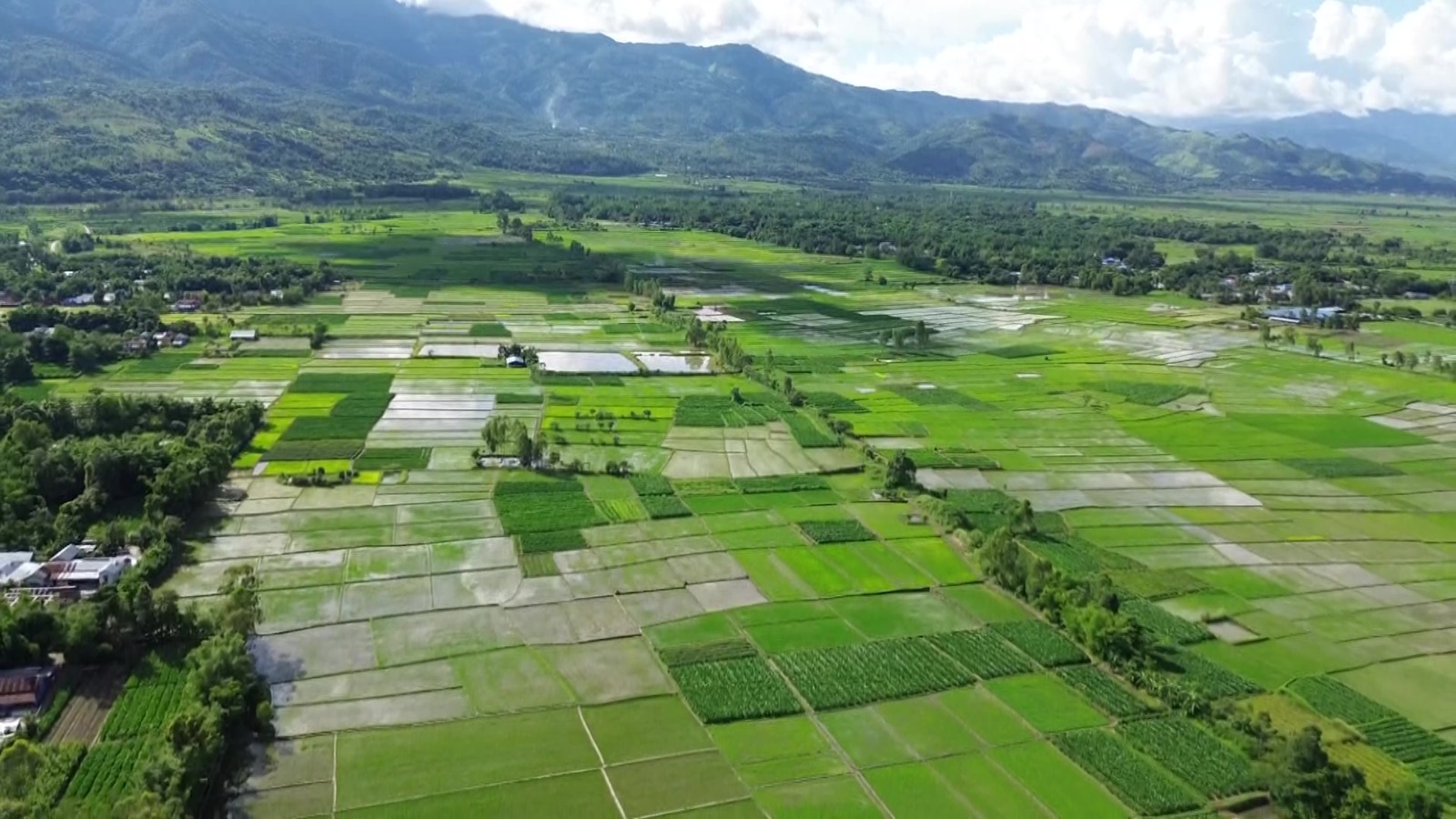
"I possess two acres of farmland in an area dominated by Kukis, which has now become part of the buffer zone with security forces stationed. Currently, I cannot access my field, which is causing me considerable mental distress. The Kuki community does not have farmland in this area, but numerous Meitei individuals own land there," he shared.
Manipur relies on 1.95 lakh hectares of paddy fields cultivated by over 2.3 lakh farmers, predominantly smallholders who produce just enough to sustain their families. Since the outbreak of violence on May 3, 2023, a considerable number of Meitei and Kuki farmers have forsaken their land due to fear and a sense of insecurity. Once fertile fields within buffer zones have become desolate, with many farmers reporting threats and violence when attempting to resume farming.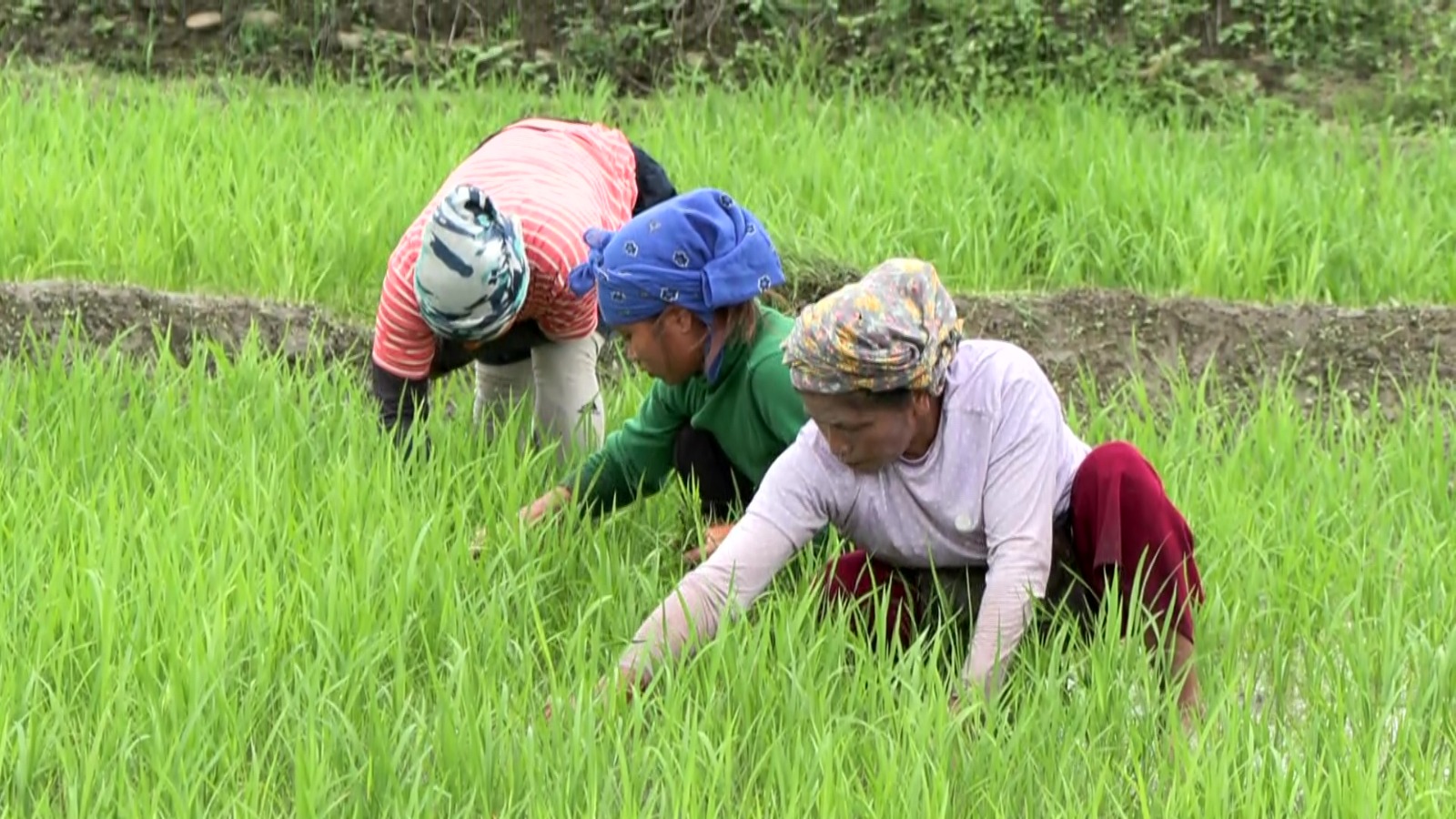
Hanjabam Isworchandra Sharma, an Associate Professor of Agriculture and Rural Economics at Manipur University, noted that the repercussions extend far beyond agriculture.
"Approximately 3,000 households, along with around 65 villages, have been directly impacted. These families have lost their main source of income, and their earning potential has been drastically limited. This will also affect livestock, fisheries, and other non-agricultural sectors," he remarked.
According to official statistics, farming activities have been suspended on 5,127 hectares since the onset of the violence. To alleviate some of the losses, the state government has initiated a compensation program for impacted farmers through online applications. 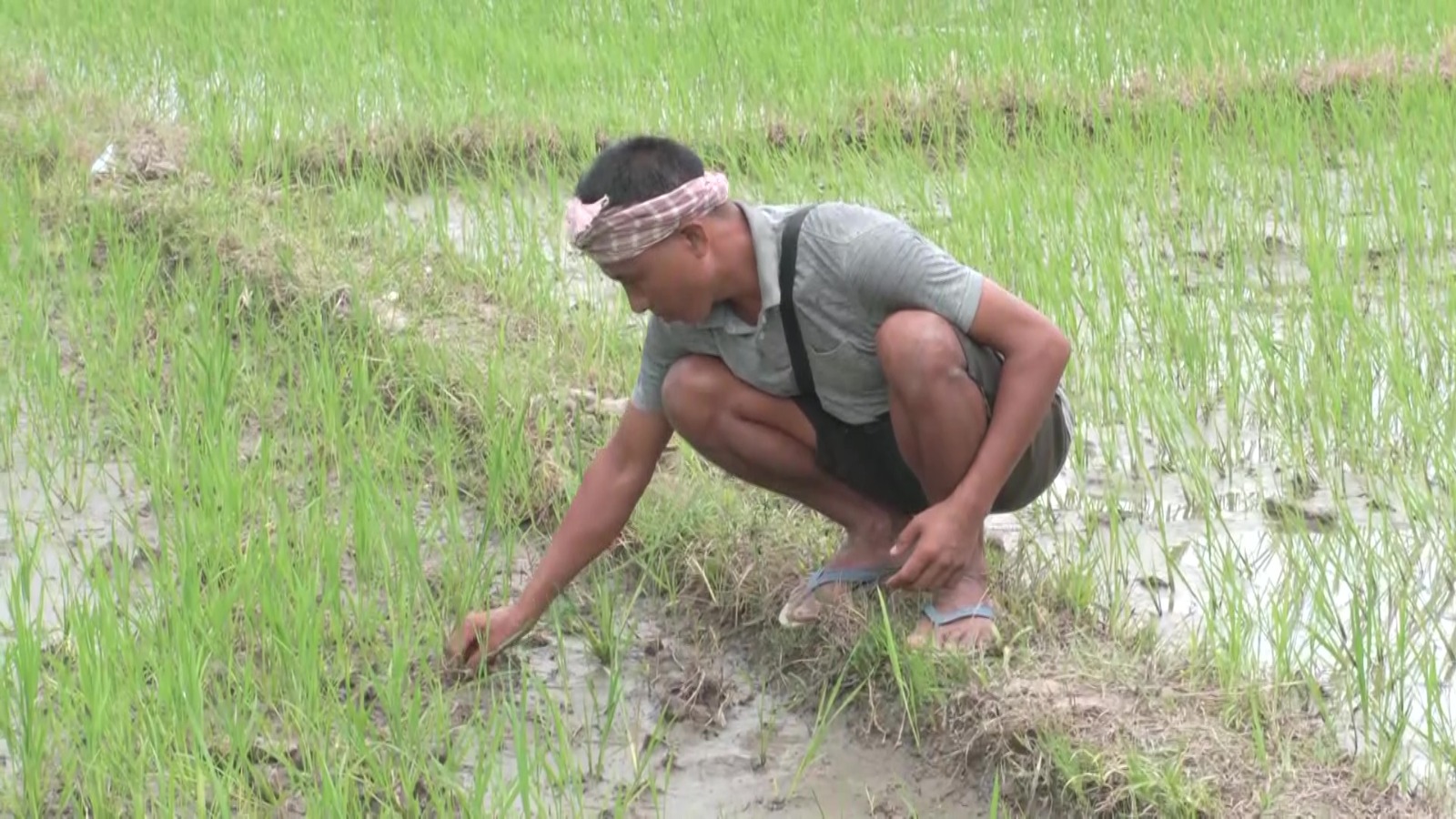
In the Bishnupur district, the government has distributed relief in three phases: the first phase saw support for 1,031 farmers covering 1,135 hectares; in the second phase, 725 farmers covering 777 hectares received assistance; and the third phase supported 173 farmers with 193 hectares. Seven cases are still unresolved due to inactive bank accounts.
Bishnupur Deputy Commissioner Pooja Elangbam (IAS) indicated that measures are being implemented to ensure safe farming in at-risk areas.
"We have established flying squads for each region, which consist of police, revenue officials, and CAPF personnel, who form a team to conduct regular patrols in these peripheral areas where farming is occurring under the protection of security forces," she clarified.
Despite ongoing apprehension, displacement, and limited access to farmland, farmers in Manipur continue to plant and harvest wherever feasible, often under armed supervision. Nevertheless, with less than half of the impacted land being utilised again, experts caution that long-term recovery will necessitate continued support, improved security measures, and a return to enduring peace.


